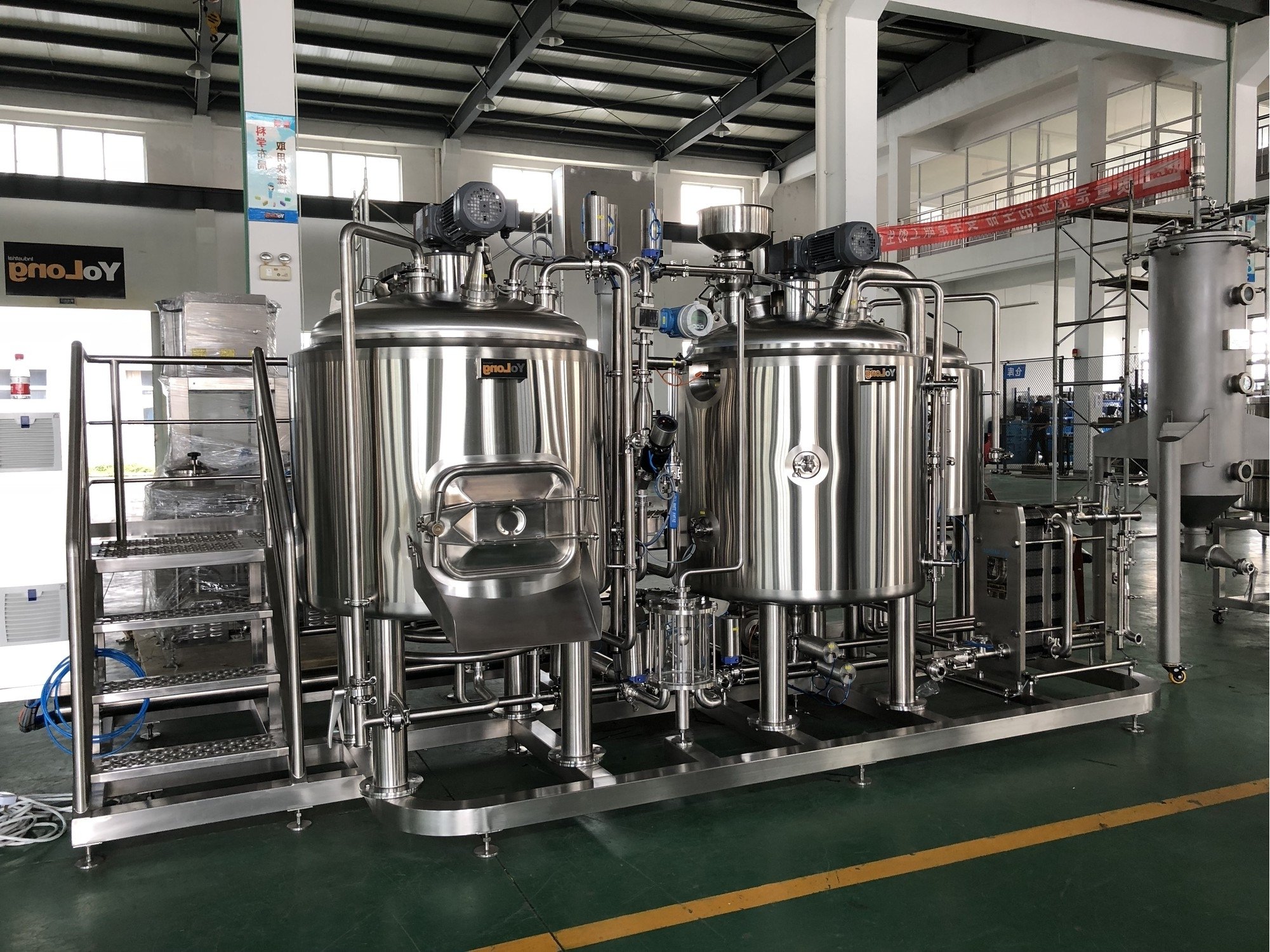How to Choose the Best Brewing Equipment Supplier
Overview of Brewing Equipment Suppliers
For breweries—whether craft, commercial, or homebrewing enthusiasts—having the right brewing equipment is crucial. A reliable brewing equipment supplier can provide state-of-the-art systems, from mash tuns to fermenters, ensuring efficiency, consistency, and scalability. Choosing the right supplier involves evaluating product quality, pricing, technical support, and customization options. This guide delves into the various aspects of brewing equipment suppliers to help you make an informed decision.
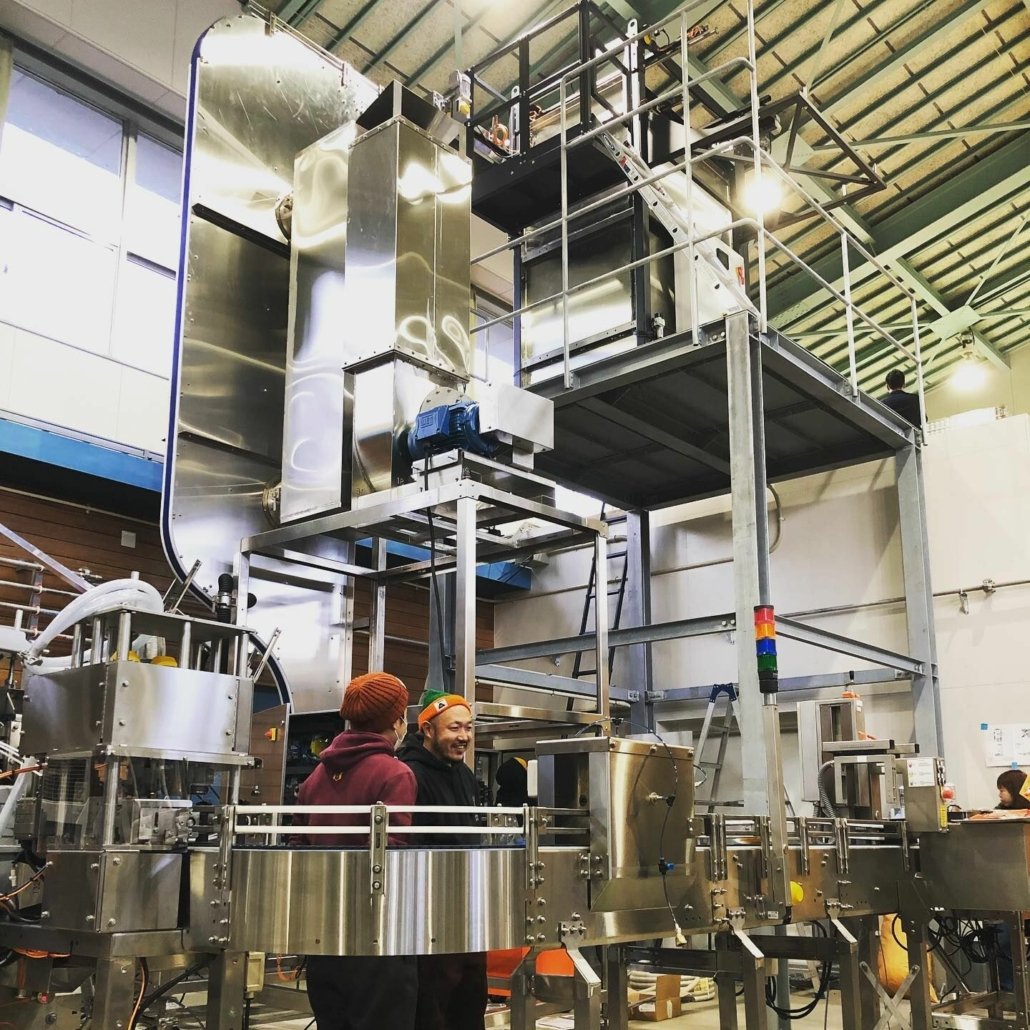
Types of Brewing Equipment Provided by Brewing Equipment Suppliers
Brewing equipment suppliers offer a wide array of tools and systems designed for different scales of brewing. Let’s explore the key equipment they provide:
1. Brewhouse Equipment
Brewhouses come in different configurations, such as 2-vessel, 3-vessel, and 4-vessel systems. These setups include mash tuns, lauter tuns, brew kettles, and whirlpools, enabling efficient wort production. Small-scale breweries may opt for compact 2-vessel systems, while large-scale breweries require multi-vessel setups for enhanced efficiency.
2. Fermentation Tanks
Fermentation tanks, or fermenters, are crucial for the beer-making process. Suppliers provide various sizes, from small 100L units to massive 100BBL tanks. Jacketed fermenters offer temperature control, ensuring optimal yeast activity and consistent beer quality.
3. Brite Tanks
Brite beer tanks are used for beer maturation and carbonation. These vessels come in various capacities and are designed for breweries looking to maintain product quality before packaging.
4. Kegging and Bottling Equipment
Suppliers offer manual, semi-automatic, and fully automated kegging and bottling systems. These machines help breweries streamline packaging, improving speed and reducing product oxidation.
5. Malt Handling Systems
From grain mills to augers and silos, malt handling systems are essential for preparing raw materials. Automated solutions ensure efficiency in crushing and transferring grains to the mash tun.
6. CIP (Clean-in-Place) Systems
Cleaning is a critical aspect of brewing, and CIP systems help maintain sanitary conditions. Modern CIP systems use automated cleaning cycles, reducing downtime and improving hygiene.
Key Factors in Choosing a Brewing Equipment Supplier
When selecting a brewing equipment supplier, consider these key factors:
1. Equipment Quality and Durability
Ensure that the supplier uses high-quality stainless steel (304 or 316 grade) for longevity and ease of maintenance.
2. Customization Options
Different breweries have unique needs. A good supplier should offer custom-built solutions, whether it’s specific brewhouse configurations or tank modifications.
3. Technical Support and After-Sales Service
Look for suppliers that provide comprehensive support, including installation, troubleshooting, and maintenance assistance.
4. Pricing and Payment Flexibility
Compare pricing models and consider suppliers that offer financing options or phased payments for large investments.
5. Industry Reputation and Customer Reviews
Check reviews, testimonials, and references to gauge the supplier’s reputation. Well-established suppliers with a solid track record are more reliable.
6. Lead Time and Delivery Logistics
Evaluate how long it takes for the supplier to manufacture and deliver the equipment. Reliable logistics ensure timely project completion.
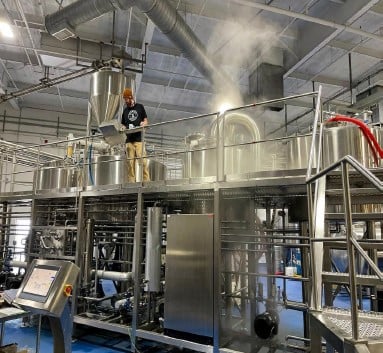
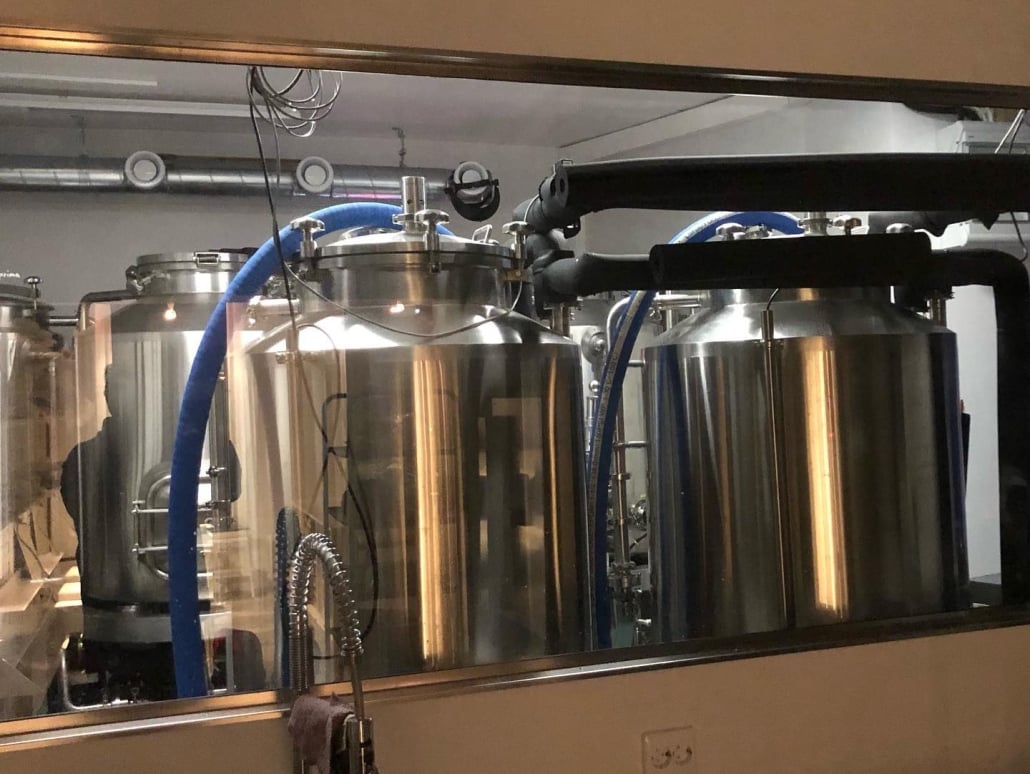
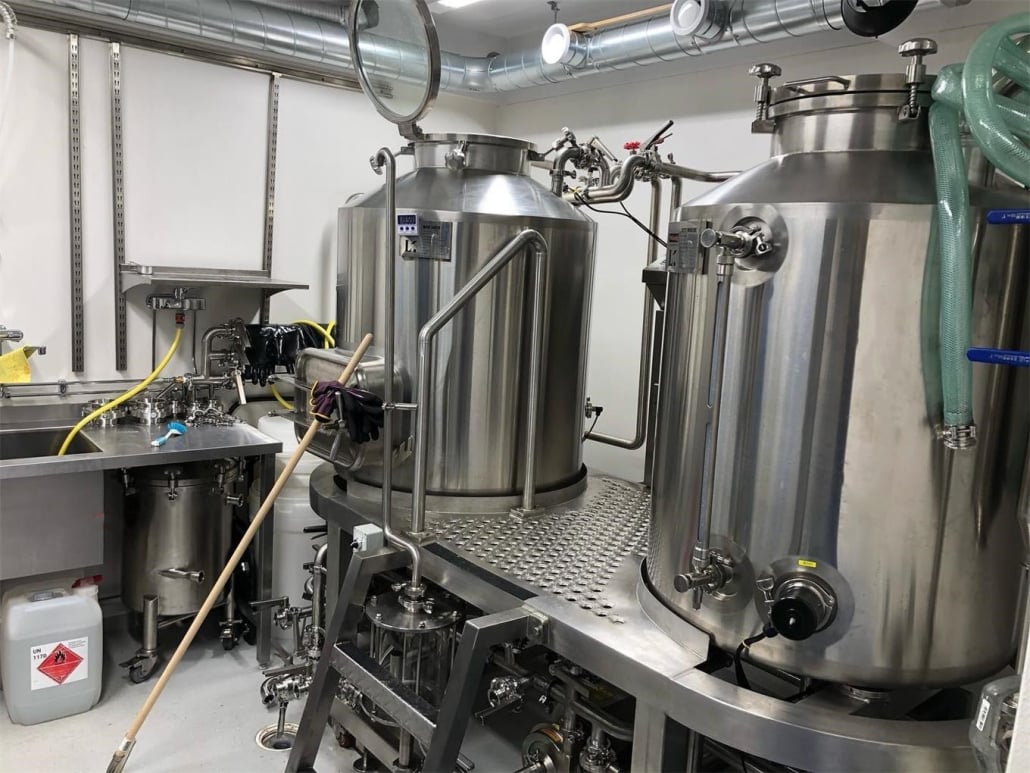
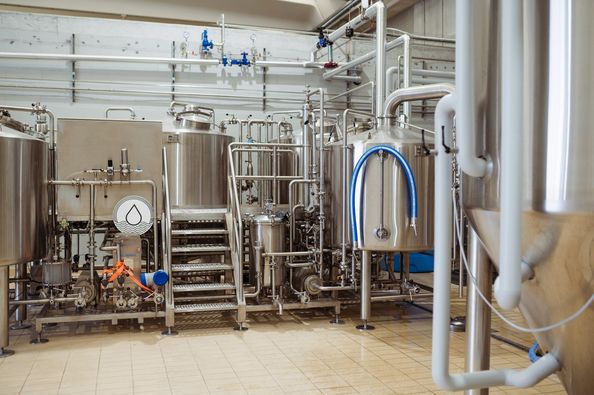
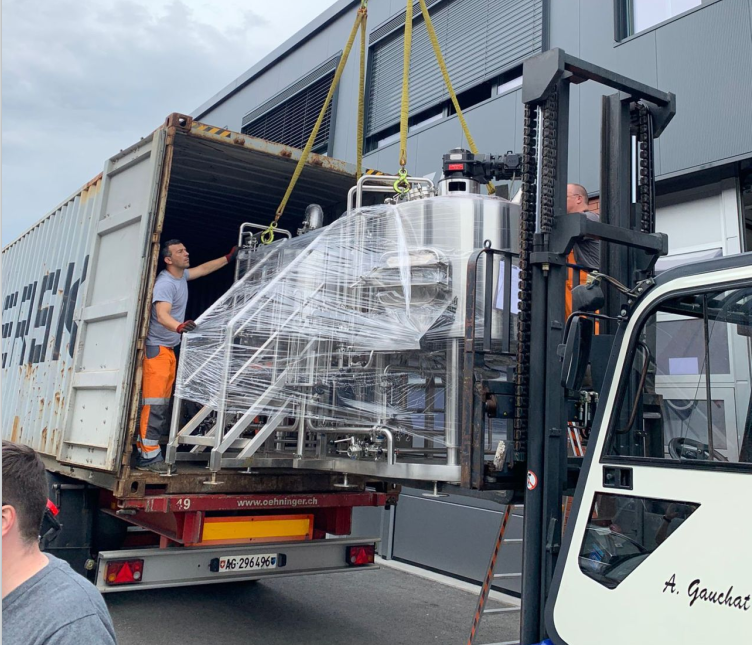
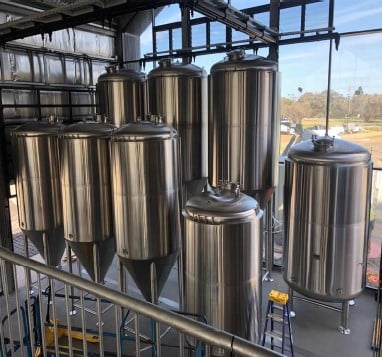
Recommended Global Brewing Equipment Suppliers
| Supplier Name | Location | Key Features |
|---|---|---|
| BrewTech Solutions | USA | High-end custom brewhouses, rapid support services |
| Kaspar Schulz | Germany | Traditional German engineering, premium quality |
| SS Brewtech | USA | Homebrewing and craft brewing solutions |
| Tiantai Brewing Equipment | China | Cost-effective, large-scale systems |
| Criveller Group | Canada/Italy | Cutting-edge brewing technology, automation options |
How to Find a Reliable Brewing Equipment Supplier
| Factor | Details |
|---|---|
| Online Research | Check supplier websites, product catalogs, and customer testimonials. |
| Industry Events | Attend brewing trade shows like BrauBeviale, Craft Brewers Conference, and Drinktec. |
| Supplier Visits | Visit manufacturing facilities to inspect the quality and production process. |
| Peer Recommendations | Seek advice from brewers who have experience with specific suppliers. |
| Certifications | Look for CE, UL, ASME, or other compliance certifications to ensure quality standards. |
FAQ
| Question | Answer |
|---|---|
| What is the best material for brewing equipment? | Stainless steel (304 or 316 grade) is the best due to its durability and ease of cleaning. |
| How much does brewing equipment cost? | Prices vary; a small setup may cost $50,000, while large systems can exceed $1 million. |
| How long does it take to receive brewing equipment? | Lead times range from 8 weeks to 6 months, depending on customization and supplier location. |
| Do suppliers provide installation services? | Many suppliers offer installation and training, but it depends on the agreement. |
| Can I upgrade my existing brewing system? | Yes, many suppliers offer modular expansions to scale up production. |
Share this entry
Interested in learning more about Brewing Systems including additional details and pricing information? Please use the form below to contact us!
YOLONG BREWERY EQUIPMENT FAQS
- Commercial Brewery / Craft Brewery / Microbrewery / Nanobrewery
- What is The Difference Between Craft Beer and Industrial Beer?
- The Bespoke Differences In Custom Brewing Systems
- Everything You Need to Know About Kettle Souring
- How to Choose Brewing Equipment for Your business?
- How To Choose The-Best Partner To Build Your Commercial Microbrewing System?
- Two Detection Sensors That You Need To Use In Your Brewhouse System
- Remote Control Applications in Brewing Equipment/How does it work?
- How To Clean Your Brand New Brewery Tanks?

